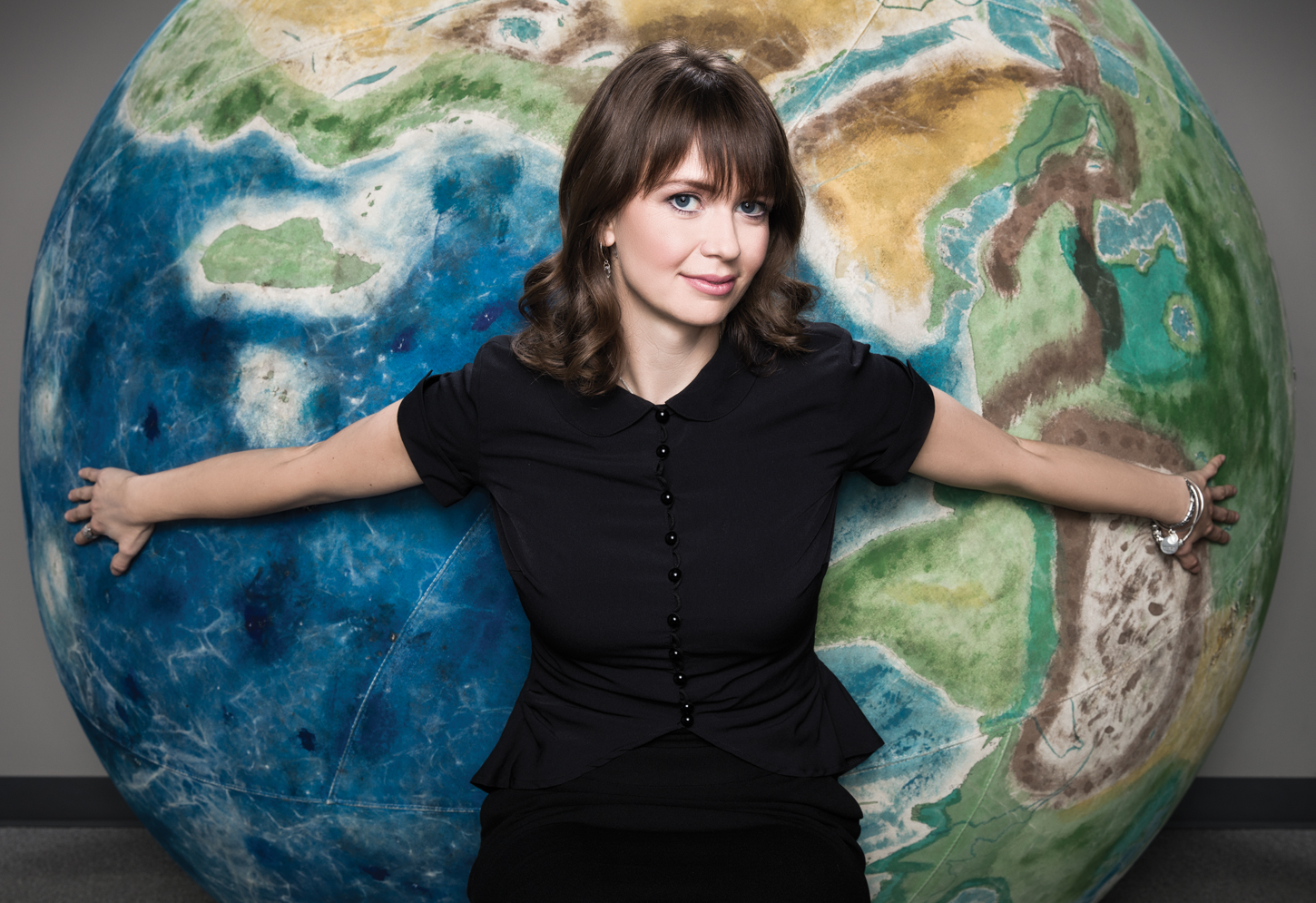Age: 35
Job Title: Global Education Co-ordinator, University of Alberta International House
Why She’s Top 40: She’s passionate about inspiring the next generation of global leaders to tackle difficult problems from cross-cultural perspectives.
If you could change one thing about Edmonton, what would it be? “Culturally, we often ask, ‘What should we change?’ But it is also very important to ask, ‘What must we not change?’ I believe we must do everything we can to protect and heal our natural ecosystems – fresh air, clean water, diverse forests, abundant wildlife – and listen to, respect and honour the deep wisdom and continuing contributions of our First Peoples.”
The University of Alberta’s International House recently celebrated its 10th anniversary, and Leslie Weigl has been there from the start.
Originally brought on to transform I-House from an ordinary residence to a truly global environment, she has worked to create a new space for residents, 40 per cent of whom are Canadian, with the rest coming from over 40 countries. “When you’re in a new cultural environment, it’s really important to have support. So at International House, it’s about generating a sense of family and community so that people don’t get lost in between,” says Weigl.
As an international student arriving in a new country, navigating an entirely different culture can be difficult, and one of Weigl’s primary roles is to connect students to people or resources.
“It’s really all about relationship building, and building that bridge,” she says. “Most cultures in the world are really strongly relationship-based.”
Currently, Weigl’s role revolves around the performance elements of International Week. As a dance teacher herself, she believes performance is a gateway to deeper cultural learning. “Let’s say you learn a dance step,” she says. “Suddenly, you’re embodying a rhythm and a culture with your
whole self.”
